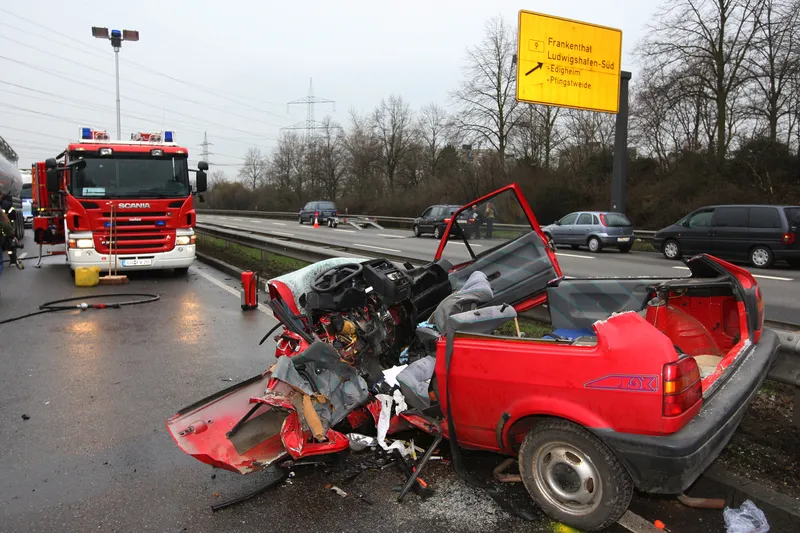
Ireland and Norway have seen increases in road deaths in 2022, while Poland has seen a drop in road deaths. Latvia remains one of the worst countries in Europe for road safety meanwhile.
There were 155 road deaths in Ireland in 2022, an increase of 13% from the record low of 137 in 2021. Males accounted for 78% of the road deaths, with females accounting for the remaining 22%. People aged up to 35 years accounted for 33% of road deaths, while those over the age of 65 accounted for 31% of the road fatalities in Ireland. On a positive note, the number of people suffering serious injuries fell to 1,292 compared with 1,342 in 2021.
Norway saw road deaths rise to 118, in 2022, an increase of 38 from 2021. Head on collisions are the highest cause of road fatalities in Norway, although the country remains one of the safest for road travel in the world. The preliminary road crash data comes from the Norwegian Public Roads Administration (Statens Vegvesen).
In Poland, road deaths fell to 1,883 in 2022. This represents a major improvement in road safety for the country as it is the first time on record that annual road deaths have dropped below 2,000 for the country according to Poland’s Road Traffic Office. The number of road crashes in Poland also dropped for 2022 down to 21,324. In 2021 there were 22,816 crashes in Poland and in 2020 there were 23,540 crashes in the country.
Meanwhile, in Denmark the data shows that cyclists are the category of road user at most risk of injury in road crashes. In 2018 there were 4,610 cyclists injured in traffic incidents, a jump of 43% from 2008. At the same time, 876 vehicle occupants were injured in road crashes in 2018. The high number of cycling injuries reflects the high number of trips made by bicycle in Denmark rather than a specific danger to cyclists.
In the Nordics, newly-available data from Estonia, Finland and Sweden paints a picture of stasis for road safety.
In 2021, there were 225 road deaths in Finland, an increase of two from the previous year. Of concern is that road deaths for riders of powered two wheelers rose by 40% in 2021 compared to 2020 and reached 28. However, injuries from road crashes dropped by 525 for 2021 compared with 2020. There were 3,243 crashes in which those involved suffered injuries in Finland in 2021.
Preliminary data from Sweden’s Transport Agency (Transportstyrelsen) reveals that there were 220 deaths on the country’s roads in 2022, an increase of 10 from 2021. However, looking at the average number of road deaths over a five-year period, the tally for 2022 represents a 10% drop. Of the incidents involving cars, trucks and buses, 46 of the deaths involved head-on crashes while 36 were for single vehicle crashes.
For powered two wheeler riders, 15 of the deaths were single vehicle crashes. In total there were 15,437 injuries arising from road crashes in Sweden in 2022, with 1,929 people suffering serious injuries. Sweden remains one of the safest countries in the world for road transport with amongst the toughest penalties for DUI.
Of concern for Estonia is that road traffic crashes reached record numbers in 2022, with over 38,000. There were 51 road deaths and 1,651 crashes that involved injuries. The data has been compiled by the Estonian Motor Insurance Bureau (LKF).
This article was first published in ITS International's sister title, World Highways







